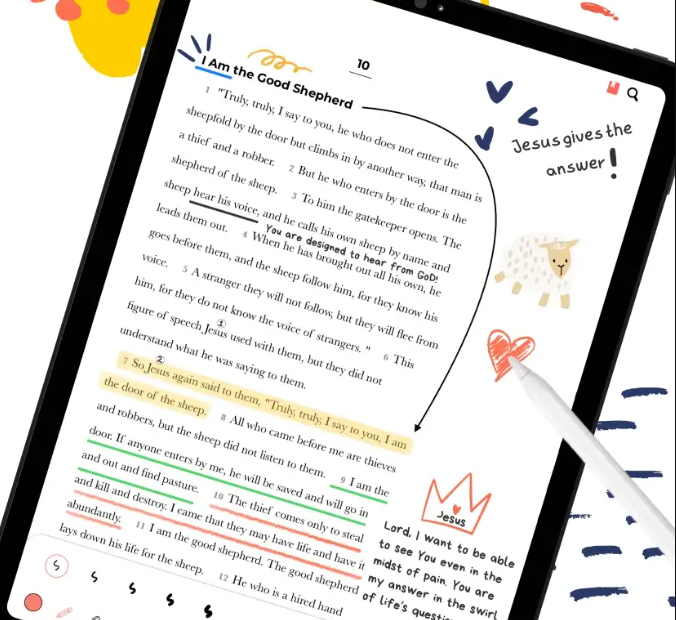Exploring Audio and Video Devices for Scripture Engagement
In an increasingly digital world, accessing and engaging with Scripture has become more versatile than ever. Traditional print Bibles remain essential, but for many, audio and video devices provide an accessible, practical, and immersive way to experience God’s Word. Whether serving communities with low literacy rates, reaching remote locations, or supporting believers with disabilities, these devices bridge gaps and enable more people to hear and understand Scripture in their language.
Read More »Exploring Audio and Video Devices for Scripture Engagement






